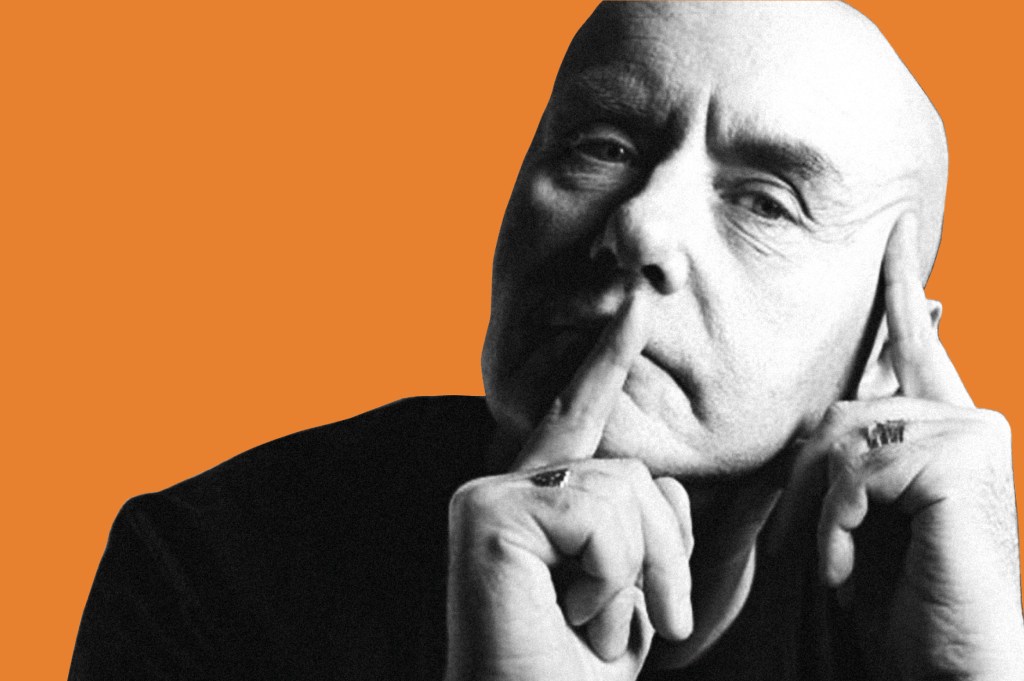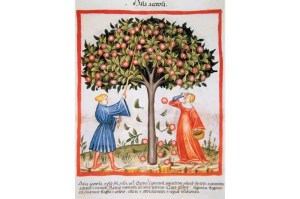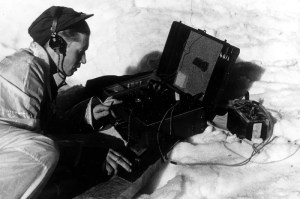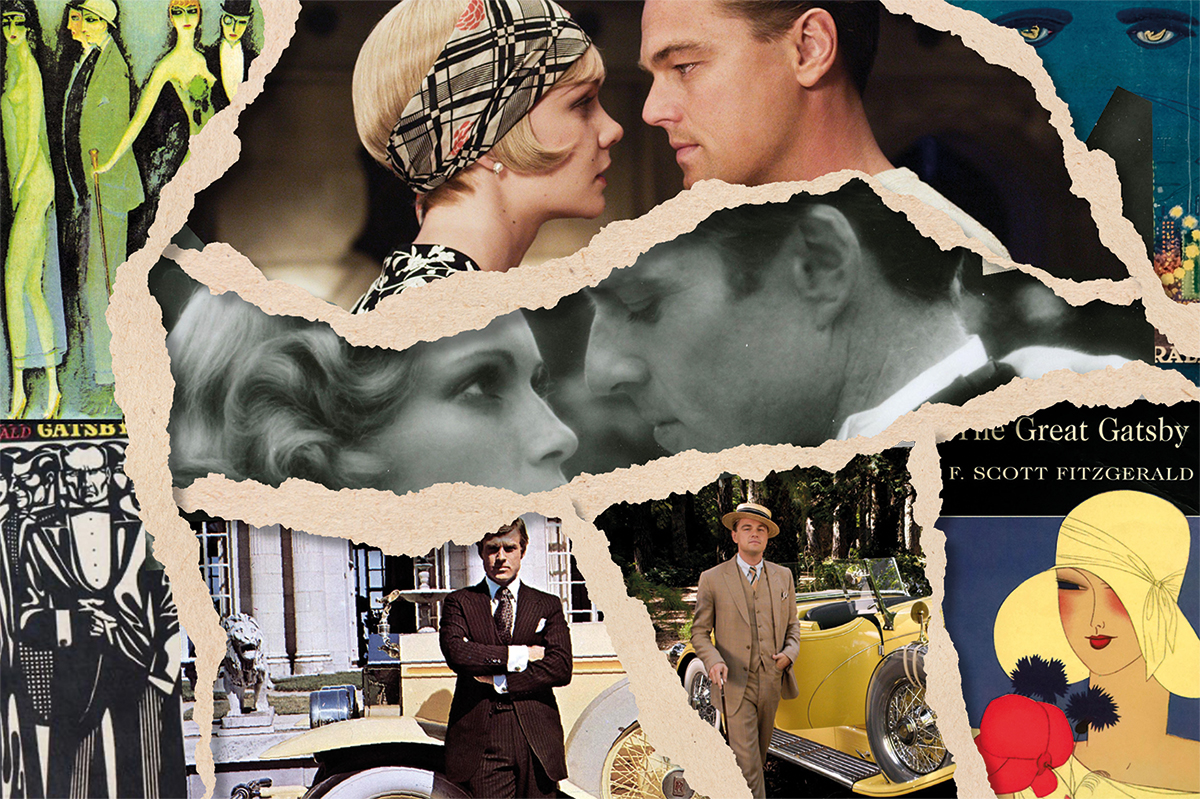A lot of new books grow old fast. It isn’t even the fault of their material, necessarily, but their milieu. Hour by hour, the means of cultural production are accelerating at an evaporative rate. Today more than ever before, irrelevancy looms large over the shoulder of the novelist. It’s an environment within which thirty days of relevance is a feat, but thirty years? A fiction in and of itself.
Yet, throughout three decades of cultural churn, the words of Irvine Welsh have remained steadfast; as culturally relevant and artistically avant-garde as the day they first hit the shelves. Thirty million copies sold in the United Kingdom alone, translated into thirty languages, adapted into two movies and a stage production, to say nothing of the musical and television series in the works: the numbers rather speak for themselves. Numbers alone do not a classic make, however.
When I read Trainspotting for the first time, roughly a decade ago, the novel was already twenty years old. Inside the second-hand paperback, however, rather to my surprise, there was nothing elderly about it. The old book felt new. Two weeks ago, readying myself for my sit-down with Welsh, I read Trainspotting for the second time. As with every revisit to the art of my youth, I braced myself for the potential of diminished returns. Had I charitably misread an average book? Was I fondly misremembering a below-average one? Thankfully, the answer to both questions was a resounding, relieving no. Though another decade older, the novel felt exactly that.
Welsh answered the Zoom from a sofa in Miami, Florida. There was a glare of sun on the windows. At the other end of the call, November was not so tranquil. I was calling from Ardfield, an Irish village not famous for its WiFi. Internet flop, Zoom lag: a couple of horror scenarios had crossed my mind. Thankfully, however, both Welsh and the WiFi were everything I’d hoped they’d be.
Dylan O’Sullivan: I know Trainspotting was your breakout novel, but what was the nature of your writing life before that?
Irvine Welsh: It seems so long ago now, but I remember trying to write songs; trying to do music, and the music not really working out, but kind of ballads — like, stories — growing out of the songs. I think that’s where it came from, basically. I didn’t think I would become a writer. It never seemed to be an option.
DO: So there wasn’t a literary movement around where you were?
IW: Well, I was involved in house music in the late Eighties. There were a lot of interesting people living in Edinburgh at the time; people like Kevin Williamson, Barry Graham, Duncan McLean, Gordon Legge. They were all writing, but we didn’t really see it as a movement at the time. Kevin, Duncan and Barry would put on different events — and I went to them. I found it quite interesting, and I thought it would be a nice thing for after raves, so people could relax and kinda come down. Just to have something that was a bit less… taxing. Open mic stuff and all that, you know? So, we did — and Kevin was really instrumental in doing that. He was the guy that pulled everything together. I was the guy that got him into raving and pills and all that sort of stuff; and he was the guy that got me into — he didn’t get me into literature — but he got me into writing. So, I started doing performances myself, then Duncan hooked me up with his publisher. It was basically through meeting people, like these guys, that it all came about.
DO: Had you been putting in the hours at-desk by the time the publisher came around?
IW: I mean, I had all my — for want of a better term — heroin journals. I wanted to make a book out of them. Well, I wanted to write them up as a sort of journal first, but then I wasn’t really interested in my own voice. I was interested in the parts where I was an unreliable narrator; where I was being quite self-aggrandizing, exonerating myself from things, pointing the finger at other people. You know, classic deflection. Excuse and all that. When I veered into fiction, it was more interesting; but when I started to write in different voices, I found my own voice wasn’t enough to tell the story. So, I started to create different characters to tell these stories. It just grew out of that. I started to write these stories and feed them into magazines and journals: the small underground presses that were publishing at the time. Then, you know, when Robin Robertson got in touch, the editor at Random House, I kinda said to him I’ve got a book — I didn’t really have a book, I just had a collection of these stories — so, I basically went for it. He said he wanted to see it, so I wrote them up as a book. I didn’t really know how to write a book. I didn’t know how to… finish it. So, I just wrote a heist ending. To stop it, basically. Then, I looked back into it, and I thought, well, maybe the main character is ripping off his mates. It was about these times, and these times were characterized by betrayal — among working class communities, politically — so I thought that’s exactly what he would do. He just felt so desperate, he just had to do this terrible thing to break away. It made sense: almost a type of storytelling sense, a novelistic sense, which I didn’t really think it would. It struck me that the book wasn’t really a drugs book, it was a book about adjusting to a world without paid work. That’s the reason it has continued to resonate. Profits are moving toward zero; technologically driven. Some of us are having a big jamboree, but it’s going to contract for everyone. We’re trying to face up to this existential question of why are we here? If we’re not meant to work, what do we do? That’s what these guys were trying to work out back then, and that’s what everybody’s trying to work out now.
DO: So there was never a moment when you sat down at the desk and thought: “OK, it’s novel time.” It was almost in retrospect that the novel emerged from the writing.
IW: Yeah, I think of a lot of it was that I was doing an MBA at Heriot-Watt University. I was sent there by my employer, during my time at the district council. It was very dry and unchallenging, so I almost went back into the time when I was much less together. It was almost a way of subverting who I had become. So, I jumped into that. It was a nice antidote. The thing was: I saw it as being an Eighties book, an archetypal Eighties novel. I started writing it in 1990 and finished in 1991 — or maybe I started in 1989 — but it didn’t come out until 1993, with the machinations of publishing and all that. So I thought, this is terrible. Nobody’s going to buy it because it’s old, you know? I wanted it to be really fresh and contemporary, and it just felt very old to me. But then I realized, well, it’s not really, because all of these themes — no work, basically drugs replacing work — seemed to be universal. So it’s kept going, basically. It’s stayed the course.
DO: And thirty years later it hasn’t grown old at all in many people’s eyes, which is kind of mad.
IW: The themes… the themes continue, and will continue to unravel over the next twenty or thirty years, I think. This is a long, boring revolution; a post-industrial revolution. There’ll be more ramifications as we go on.
DO: I know the movie came out about three years later, but had the book launched itself before the movie ever came around?
IW: Yeah, so there were two types of people who were really into the book when it came out. One was the working-class Scots, basically. It spoke to them. The other was the kind of London and Manchester cognoscenti, clued-up working-class guys, who’d been through all the hedonistic, drug partying, football hooliganism, acid house, rave experience. So it was really a double-pronged thing. Then the stage play came out and toured, so it went from being a localized thing to a national thing. Then the film came out, so it went international.
DO: International, but without the usual cosmetics; without the “Americanized” aesthetics. Your choice to use phonetic, colloquial language. The fact that “cunt” is the twenty-fifth word. I can’t help but wonder — with focus groups and financiers, with worries about how the book would sell in this market or that market — whether that would pass the muster, nowadays.
IW: It would be very difficult, with the homogenization of culture, to publish a book like Trainspotting now. I don’t know if it would get published. It’d be a self-publishing job; then maybe a publisher would pick it up, after it got some buzz from there. When I first started writing books, you had fiction and nonfiction. Now, you basically write into marketing holes: you write thrillers, or crime, or romance, or science fiction. You shoot into these holes now. It’s very retail-driven. It’s very entertainment-led, rather than art-led. I’m on the third season of Crime, so I’m probably more of a TV writer now — and I never, ever saw that coming. I never saw the way people consume culture changing to the point whereby you could do more interesting things — and find a bigger audience — with a long-form TV show than you could with a novel. Now, I think people largely write novels to be made into TV shows.
DO: Do you think that’s altering the form of the novel? Perhaps a detriment to literature as a genre in and of itself?
IW: In a lot of ways, yes. The other reason for that is obviously the growth of the MFA program. The route for writers now is a trained kind of thing. There’s something about an MFA novel, you kind of know. You can actually see the join. OK, they’ve set up the characters, we’re moving into the second act now.
DO: You can almost feel the formula in the background.
IW: Yeah, yeah. There’s something… there’s something very process-orientated. That’s the thing. If you go to talk to students, that’s the first thing they’ll say [flipping into an American accent]: “What’s your process?” Especially here, you know, in America. It’s the same way that’s music is made, nowadays. Dance music is largely made young kids who don’t dance. You know what I mean? They’ve never been to a nightclub. They’re in their bedroom, basically — and some of it’s really great. But again, when you take something out of a culture, a lived experience — and you make it much more constructed, more about processes — it becomes almost crossword puzzle-ish. You’re trying to reduce culture to a mathematical formula. In some ways, it’s a nice shortcut; but in other ways, you do miss a lot of the life of it all.
DO: I do also wonder, with this top-down approach, whether you crowd out the potential Trainspottings of the future; books that would have risen up through the cracks of a different system, perhaps.
IW: Yeah, I think culture doesn’t exist on the streets now. We’re not a really a street society. We’re all publishers of our own content, so we draw our references from other content, rather than interactions with people. I often think… if you had two bunches of kids from different sides of town, and the toughest guy in one gang said “red trainers are fucking rubbish… they’re passé,” and the toughest guy in the other gang said “red trainers are fucking great,” they’d meet in the streets and kick fuck out of each other. But then, they’d become friends down the line, playing football, going out with each other’s sisters, whatever. There’s something there that’s generated: from their activity, their clashing, their clashes of ideas, their clashes of choices, their clashes of lifestyle. Now, you get one Instagram influencer who says “red trainers are great” or “red trainers are shit” and everybody falls in. There’s nothing interactive or dynamic about it, which leads to a kind of conservatism. It leads to kids saying “Well, I’m not going to put my head above the parapet.”
DO: Which is the death knell of art, too. It takes a bit courage to put your voice out there.
IW: I think the idea is now we all want some monetization. Back in the Nineties, everybody was very happy to be paid. We got paid big sums of money for books, but it wasn’t the principal motivation. When I go to talk at universities now, it’s never “I want to write a great book,” it’s always “I want to write a bestseller.” Everything needs to be monetized.
DO: There’s a good quote from some Nassim Nicholas Taleb book: “Painters like painting, writers like having written.” That’s an old feeling: wanting to have it done, in the box ready to ship. So then, circling back to the music, do you think that’s why you pivoted back to live performance? To get a sense of where the streets are again?
IW: I love the buzz of it. If you write a book or a movie, you can sit in the movie theater or watch people reading the book on the tube, but you don’t get the immediate feedback; that feeling, when you drop a nice tune in the club. You get that interface with people straightaway, which you otherwise have to infer.
DO: And on that note, there’s a Trainspotting musical in the works?
IW: Yeah, we adapted it. We’ve got it done. Whether we’ll bring it out this year or next — that depends on whether people come back to the theater. The theater’s been the most resistant place in terms of people coming back. Also, now we’ve walked into the cost of living crisis. It’s very expensive to go to the theatre now. But I think towards the end of the year, people are just going to be fed up and go for it again. I think we’ll all decide the Roaring Twenties start now, because we’re fucked off with all this bullshit.
DO: I can’t imagine the genre is going to be too Mary Poppins, so should we prepare ourselves for something “Born Slippy”-esque?
IW: In some ways, it’s darker than the movie and the book. We’ve completed reimagined it. It feels very now; very hard-hitting, quite uncompromising — but the songs are really good. We’ve licensed “Born Slippy” and “Lust for Life” to bookend it, but they’re all new songs apart from that.
DO: So the songwriting you began with has kind of come full circle in a strange way.
IW: It’s weird. It has. It’s come right back. And they are really good songs — if I say so myself. Of course, nobody’s going to believe me until they actually hear them.
DO: Looking back… do you think Trainspotting is your best book?
IW: No. In some ways, yes. The book that establishes you — that’s always a great book. It’s probably one of my favorites, but it’s probably not my best. That’s just the way it goes. Sometimes the ones your fondest of don’t get that mass acclaim; then the ones that you’re glad you got done, no more of that, they’re the ones that sell very well. You never know. You look back and you’re like: this is great, this is great, this is shite, this is not bad, this is alright, not sure about this one. It takes you a few years to get a perspective on it, to see whether it was actually good or not. Skagboys, Glue and Marabou Stork Nightmares — they’re the ones I keep going back to.





















